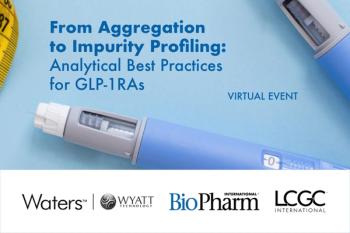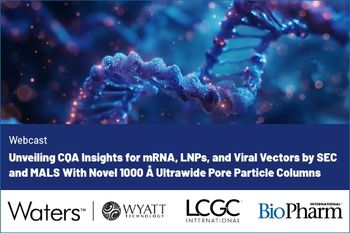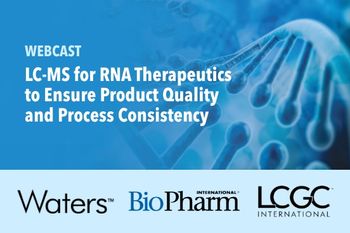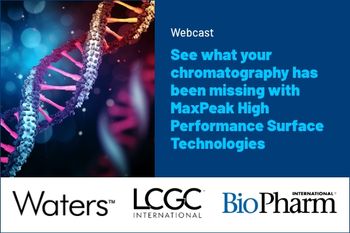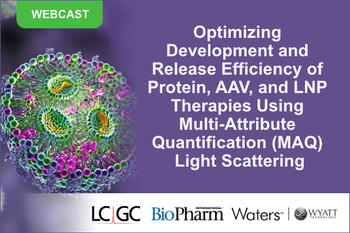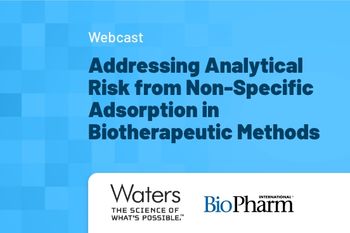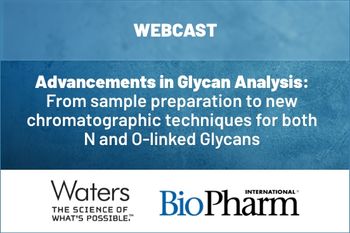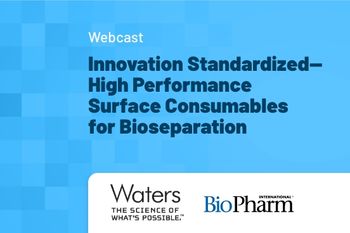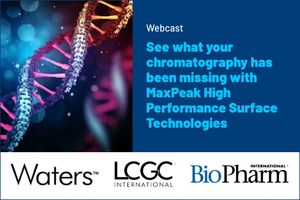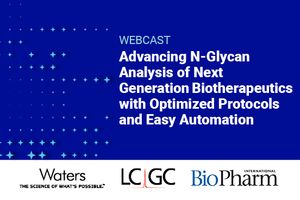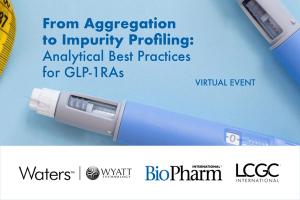
Applying Analytical Quality by Design Principles to Biopharma Method Development and Optimization
Applying Analytical Quality by Design (AQbD) principles to impurity method development enables robust, science-based strategies for characterizing and controlling critical quality attributes in protein therapeutics. This webinar will present a case study on developing a fluorescence-based (FLR) method for quantifying Mannose-5 glycans, demonstrating how risk-based design and systematic evaluation of method parameters enhance reliability, reproducibility, and product understanding across the biopharmaceutical lifecycle.
